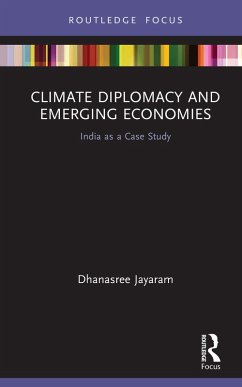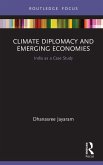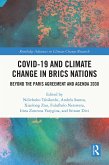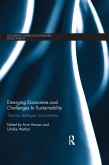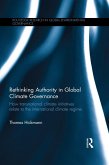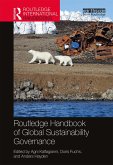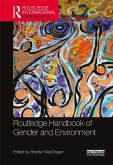This book will be of great interest to students and scholars of climate change, environmental policy and politics and IR more broadly.
Dieser Download kann aus rechtlichen Gründen nur mit Rechnungsadresse in A, B, BG, CY, CZ, D, DK, EW, E, FIN, F, GR, HR, H, IRL, I, LT, L, LR, M, NL, PL, P, R, S, SLO, SK ausgeliefert werden.
~ Cleo Paskal, associate fellow in the Energy, Environment and Resources programme and the Asia-Pacific programme, Chatham House.

